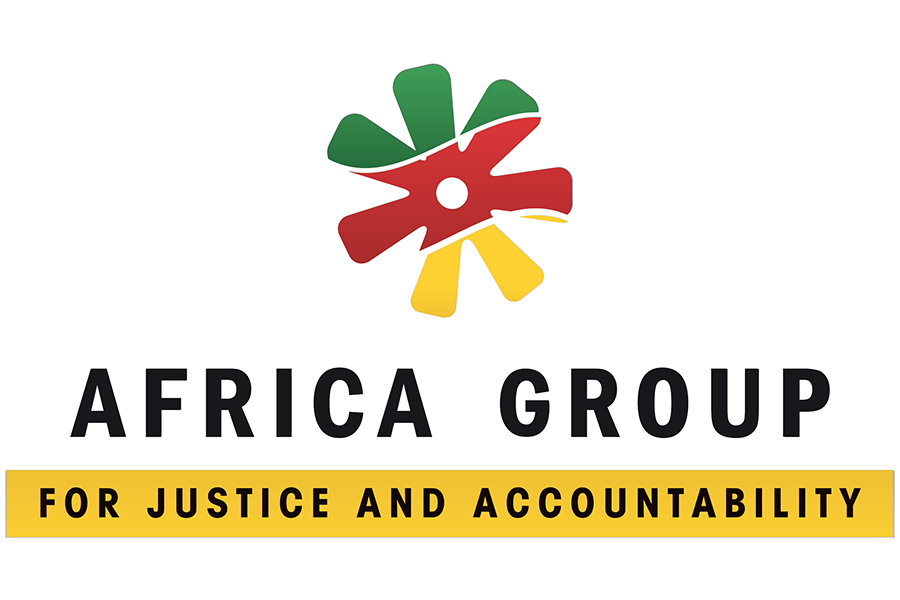The Africa Group for Justice and Accountability Expresses Deep Regret over Burundi Withdrawal from the International Criminal Court.
The Africa Group for Justice and Accountability (AGJA) expresses its deep regret over the official withdrawal of Burundi from the International Criminal Court (ICC). Burundi’s withdrawal undermines the system of international justice and closes an important potential avenue to justice for victims and survivors of abuses in the country.
The government of Burundi submitted its notice of withdrawal from the ICC to the United Nations Secretary General on 27 October 2016, to take effect one year later (today). When Burundi first intimated its intention to withdraw from the ICC, the AGJA implored the government to remain committed and to continue to cooperate with the Court.
The deteriorating situation in Burundi had been under preliminary examination since 25 April 2016. When ICC Prosecutor Fatou Bensouda initiated a preliminary examination, she acknowledged reports that more than 430 persons had been killed, at least 3,400 people arrested, and that over 230,000 Burundians had been forced to seek refuge in neighbouring countries. Estimates suggest that over 400,000 citizens have now fled the country. As outlined by the United Nations Commission of Inquiry on Burundi, there are reasonable grounds to believe that the crimes perpetrated in Burundi amount to crimes against humanity. The Commission of Inquiry further requested the ICC to open an official investigation into alleged crimes perpetrated in Burundi. However, the ICC’s Prosecutor has apparently decided not to open an investigation into the situation in Burundi and, with the country’s withdrawal, that option now appears closed.
As it has since its creation, the AGJA strongly encourages cooperation between African states and the International Criminal Court. In line with its Kilimanjaro Principles, the Africa Group offers its expertise in facilitation and mediation to Burundi, the ICC, and other relevant actors to ensure that justice for the victims of crimes in Burundi is not sacrificed.
Burundi’s withdrawal from the ICC today cannot and will not be the end of the pursuit for accountability for the victims and survivors of abuses in Burundi. The AGJA stands in solidarity with them and stands prepared to ensure their aspirations for justice can one day become a reality.
The Africa Group for Justice and Accountability was established to support efforts to strengthen justice and accountability measures in Africa through domestic and regional capacity building, advice and outreach, and enhancing co-operation between Africa and the International Criminal Court. It comprises senior African experts on international criminal law and human rights, including political figures, members of international and domestic tribunals, and human rights advocates:
- Dapo Akande (Nigeria), Professor of Public International Law, University of Oxford
- Femi Falana (Nigeria), Human rights activist and lawyer
- Hassan Bubacar Jallow (Gambia), Chief Justice of the Gambia, former Prosecutor at the International Criminal Tribunal for Rwanda and International Residual Mechanism for Criminal Tribunals
- Richard Goldstone (South Africa), Former Chief Prosecutor of the United Nations International Criminal Tribunal for Rwanda and the former Yugoslavia
- Tiyanjana Maluwa (Malawi), H. Laddie Montague Chair in Law, Pennsylvania State University School of Law; Former Associate Dean for International Affairs, School of Law & Director, School of International Affairs
- Athaliah Molokomme (Botswana), Ambassador and Permanent Representative of Botswana to Switzerland and the UN Office in Geneva, and former Attorney-General of Botswana
- Betty Kaari Murungi (Kenya), Senior Advisor on Transitional Justice to the Joint Monitoring and evaluation commission (JMEC)
- Mohamed Chande Othman (Tanzania), Former Chief Justice of Tanzania
- Navi Pillay (South Africa), Former UN High Commissioner for Human Rights
- Catherine Samba-Panza (Central African Republic), Former Transitional President of the Central African Republic
- Fatiha Serour (Algeria), Director of Serour Associates for Inclusion and Equity
- Abdul Tejan-Cole (Sierra Leone), Executive Director of the Open Society Initiative for West Africa
Africa Group for Justice and Accountability Statement by Wayamo Foundation on Scribd


